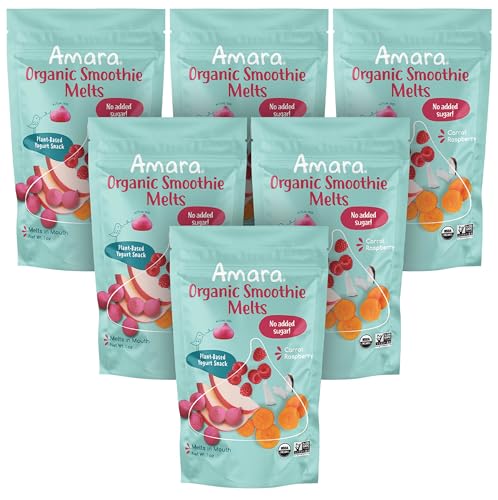Are rabbits typically butchered at a certain age, or do ppl wait until they reach a particular weight? Is there a general age/weight at which the feed cost:meat value ratio starts going downhill? Is there an average age range, beyond which rabbits get too tough for anything but stew, etc.?
Thanks so much for any advice you can offer! My trio are Rex/Cali cross, according to the lady I bought them from. (She didn't sound too sure.) They're not huge, but there aren't a lot of choices in my area. Most ppl who keep rabbits here, keep or sell them as pets.
Alaska Satin's answer is spot on. As for weights, dispatching, etc., I think breed plays a huge role in when to dispatch. I am assuming you have a "commercial" breed. Commercial just refers to those rabbits with the meat body type. I raise Silver Fox, which is a commercial breed.
When I first started raising, I never had rabbits the size needed for a decent family meal by 8 or 10 weeks, so I had to wait until 12 weeks before dispatching for the table. You want a dress weight of at least 2.5 pounds to make all the effort worth it (my person opinion), and early on in my program, my rabbits were weighing a mere 2.5 pounds live weight at 8 weeks. Thus, I had to wait until my kits were 12 weeks to get that dress weight. But wow, the longer you wait, the more expensive it is in feed, time, effort and cage real-estate.
Thus, the younger you can get good weights, the better from a meat program perspective. So, I've worked on improving the growth rate of my herd and now am seeing the coveted 4.5-pound live weight at 8 to 10 weeks. So, I can now dispatch anywhere between those age ranges. I usually do so at 10 weeks these days, but have done so at 9 weeks, too.
Improving the growth rate of your herd is worth it but requires good records. I usually weigh and record my litters within the first 24 hours of birth, then at 1 week, 2 weeks, 4 weeks, 6 weeks, 8 weeks, 10 weeks, 12 weeks and then only once per month for rabbits who are being kept for reasons other than the table. By keeping detailed records, you will begin to see which mating pairs produce the best growth rate, which kits are displaying the best rate of growth and keep to grow out as breeders for your rate of growth improvement program, etc.
Another thing to consider is the ease and efficiency of dispatching based upon age. I have found I cannot dispatch as quickly and as humanely possible when a rabbit is over 12 weeks. I am simply not strong enough to get the lights to turn off immediately once their cervical spine has developed past 12 weeks. Then it requires my husband's strength to dispatch them quickly. The younger the rabbit, the easier it is to dispatch very quickly, not to mention the easier it is to remove the pelt, which then speeds up the butchering process.



















































